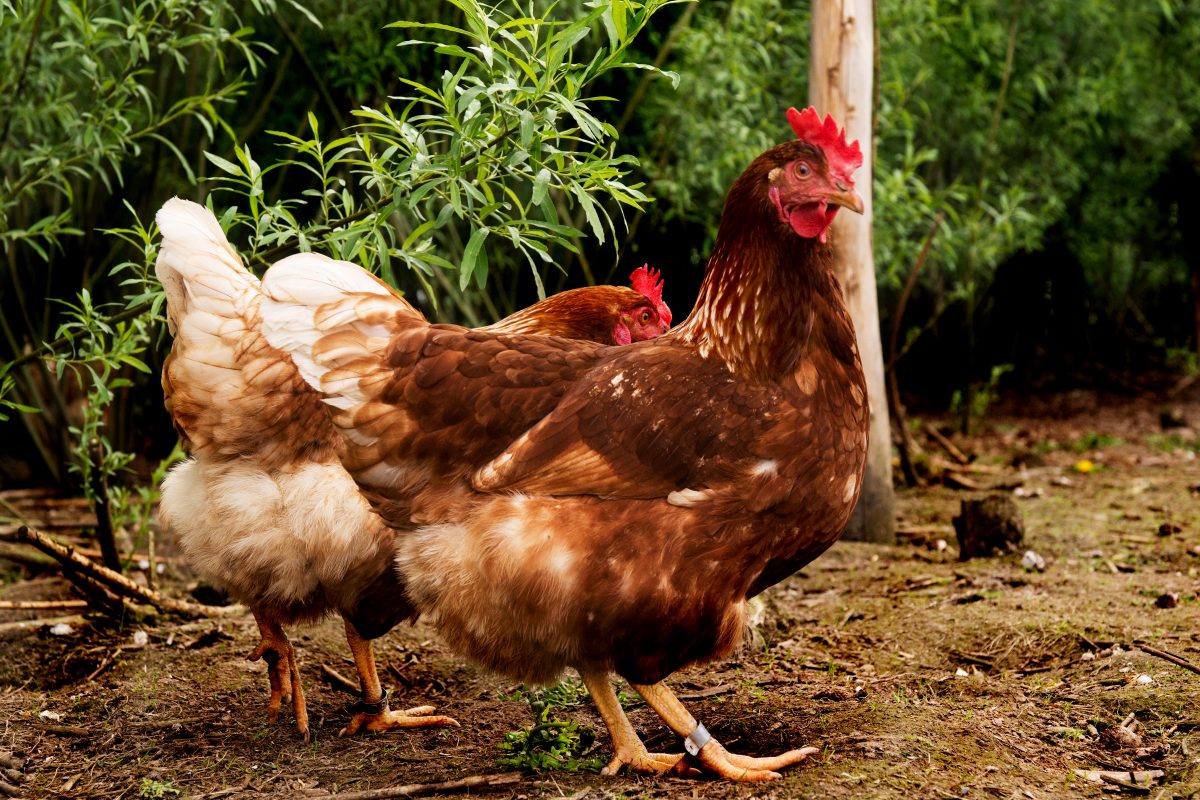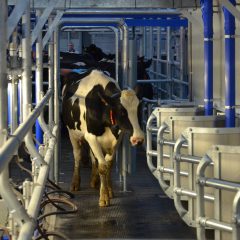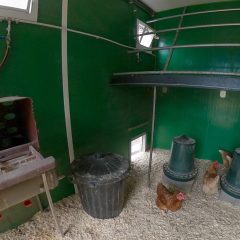Research project Alternative control methods to prevent and control worm infections in organic laying hens

General introduction
PREBEBIOLEG addressed the problem of worm infections in the laying hen industry. This project focused primarily on organic layer farming, with the aim of developing better prevention and control of these infections. New insights were gained regarding feasible procedures for ensuring optimal health and welfare while simultaneously maintaining technical results and return on investment of the farms. Due to recent European Legislation (as of 1/1/21), organic layer farmers are obliged to include a minimum withdrawal period of 48 hours each time they use the (only authorized) allopathic drug flubendazole.
Research approach
Using a literature study and a focus group from the organic laying hen sector, an inventory was made of the current applied practices as well as possible alternative and preventive methods. This knowledge was summarized in an accessible format, namely an SOP (standard operating procedure) and accompanying information sheet. Three SOPs were developed: 1) monitoring and diagnostics, 2) prevention of introduction and spread, and 3) treatment strategies of worm infections. Some of the SOPs were also applied on two organic poultry farms and evaluated for feasibility and applicability. Worm infection pressure was monitored in consultation with the farm veterinarian. In this way the researchers facilitated the application of the knowledge. Steps were taken toward efficient knowledge dissemination.
Relevance/Valorization
Failure to treat worm infections is detrimental to the animal welfare of laying hens. The main conclusion is that intensive monitoring, and combination of preventive and alternative measures can indeed contribute to reducing the use of flubendazole as well as the severity of worm infections.
Financing
Vlaamse Overheid - L&V
CCBT







